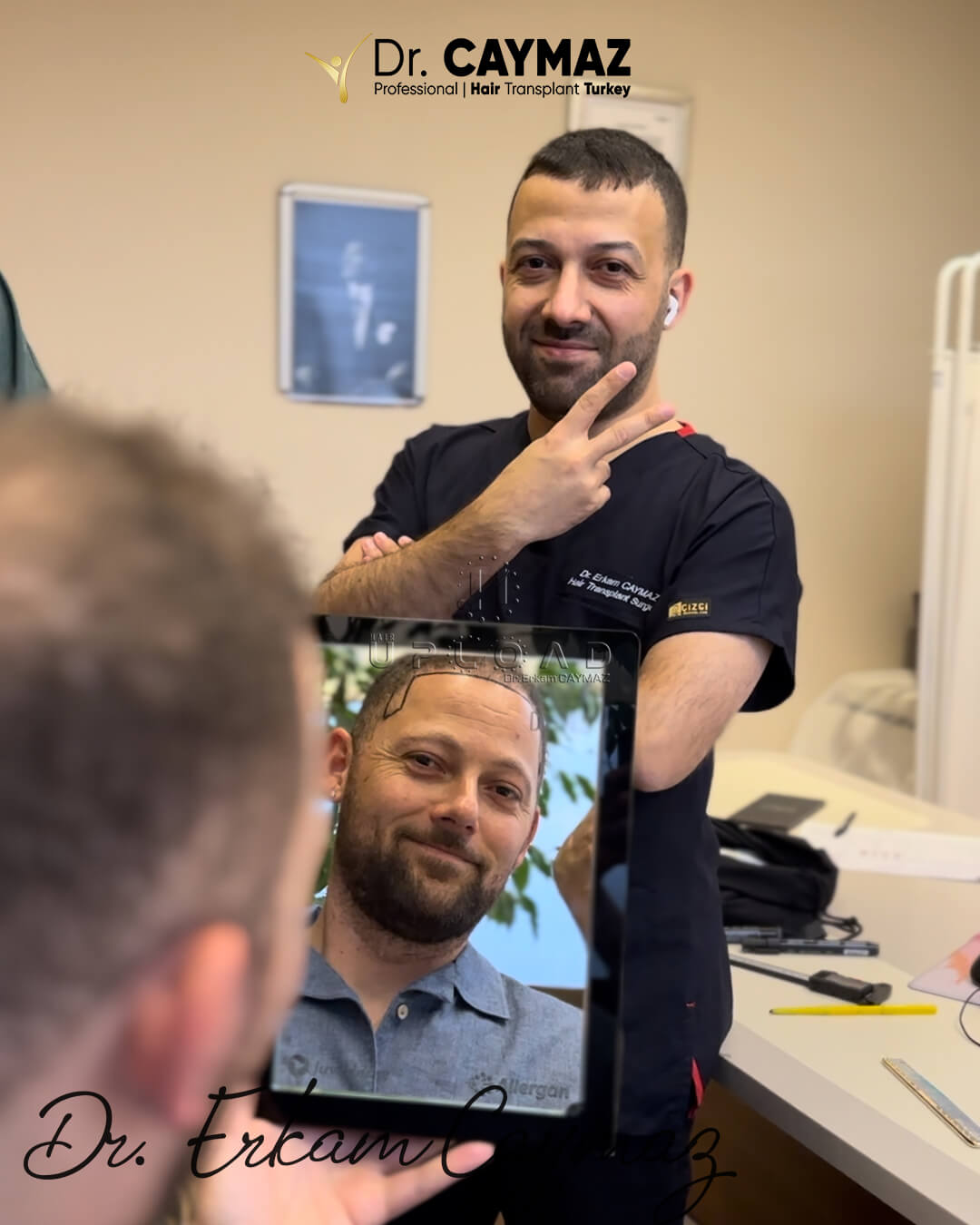Hidradenitis Suppurativa (HS) is a chronic, inflammatory skin condition that affects hair follicles and sweat glands in areas of the body with a high concentration of apocrine glands, such as the armpits, groin, and buttocks. It is characterized by recurrent, painful, and deep-seated nodules, abscesses, and draining sinuses that can lead to scarring and disfigurement.
The exact cause of HS is not known, but it is believed to be related to an abnormal immune response and hormonal factors. It is more common in women and often begins after puberty. Risk factors for HS include obesity, smoking, and a family history of the condition.
Treatment for HS depends on the severity of the disease and can range from lifestyle modifications, such as weight loss and smoking cessation, to medications, such as antibiotics, anti-inflammatory drugs, and biologic therapies. In severe cases, surgery may be necessary to remove affected skin and tissue. It is important for individuals with HS to work closely with a healthcare professional to develop a treatment plan that best meets their needs.
If i have Hidradenitis Suppurativa am i perform hair transplantation?
If you have Hidradenitis Suppurativa (HS), it is important to talk to a healthcare professional, such as a dermatologist, to determine if hair transplantation is a suitable option for you.
HS is a chronic and recurrent inflammatory condition that affects the hair follicles, and in some cases, it can lead to scarring and destruction of the affected tissue. Hair transplantation involves transplanting hair follicles from one part of the body to another, and in individuals with HS, there may be a risk that the transplanted hair follicles will also become affected by the condition.
Additionally, the inflammation and scarring associated with HS can make it more difficult to obtain a good cosmetic outcome from hair transplantation. It is possible that the inflammation and scarring may interfere with the healing process, and in some cases, it may be necessary to delay hair transplantation until the HS is under better control.
Ultimately, the decision to undergo hair transplantation should be made in consultation with a healthcare professional who is familiar with your condition and can provide guidance on the most appropriate treatment options for you.
Conclusion
If you have this disease, we recommend medical treatment first. There are publications that it would not be the right choice to have a hair transplant, because this disease is an immune system disease, and after hair transplantation, your transplanted hair may also fall out due to the same disease. Therefore, we do not apply hair transplantation to these patients.







